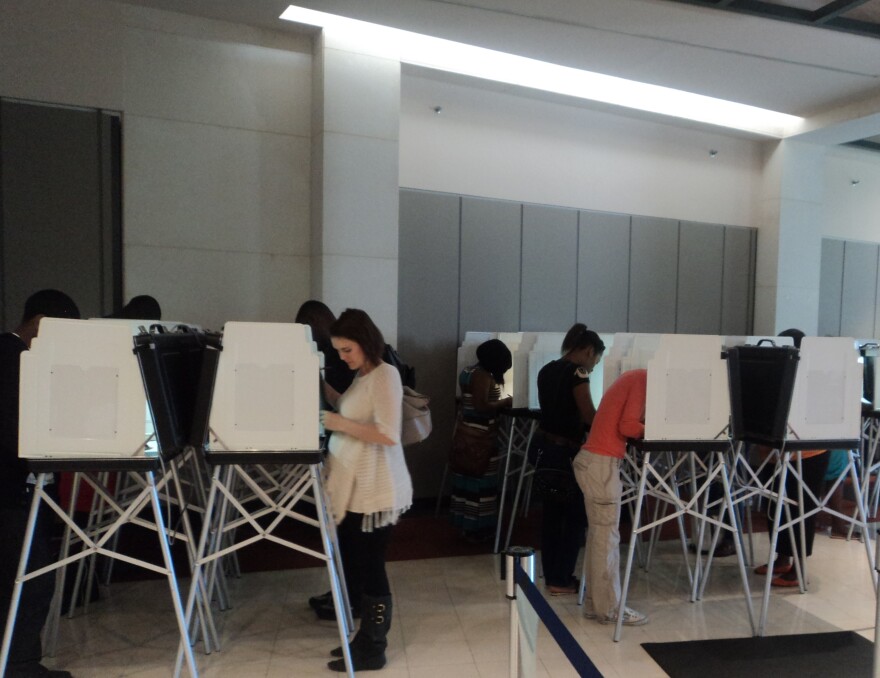Florida’s Election supervisors have been pushing voting by mail this year. They’re unsure of whether they’ll have enough volunteers to man the polls in the fall, given the uncertainty regarding the coronavirus. Yet, while they push mail-in-voting, they also say they don’t have enough manpower or resources to process an all vote-by-mail election. So, what gives?
Leon County elections supervisor Mark Earley says the two ideas aren’t contradictory.
“In normal times we have about 15% of our registered voters receive a vote-by-mail ballot, which is about 1/7 [of registered voters]," he explained. "If we’re If we’re talking 100% mailed elections, it doesn’t mean 100% of the turnout gets a vote-by-mail ballot, it means 100% of registered voters get a vote-by-mail ballot.”
Florida has more than 12 million registered voters.
Earley is also the secretary for the statewide supervisors of elections association. The organization sent a letter to Secretary of State Laurel Lee earlier in the month asking for greater flexibility in establishing polling sites, and a longer window for getting vote-by-mail ballots out. The Secretary of State’s office has not yet responded to supervisors’ requests.
As counties process ballot requests, they're using the vendor VR Systems to assist. That's the company the Russian government attempted to hack during the 2016 elections. VR Systems works with both state and local election offices, and continues to do so.
"They have a very robust system. The entire state uses the system," he said. " I have confidence in the system we have.”
VR systems began as a Tallahassee company. During the 2016 election, hackers managed to generate a mimic email with VR systems’ name on it, and sent that fake email out to county supervisors. At least two counties clicked on the phishing email. The state has since spent millions of dollars shoring up election security protocols.
Earley notes VR systems thwarted that attack and says the company's safeguards are strong.






